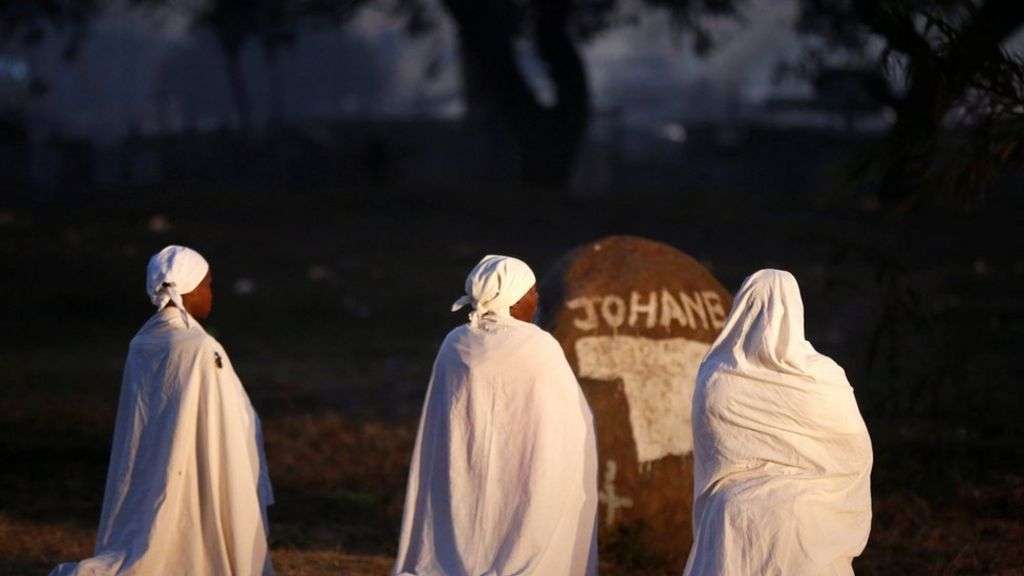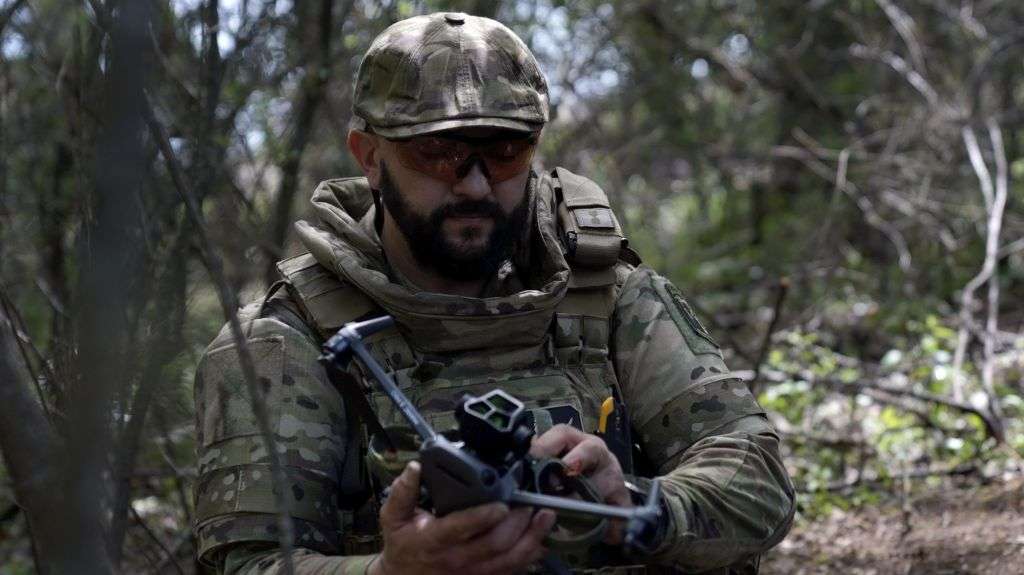A self-proclaimed Apostolic prophet who kept 251 children on his property has been charged with exploiting minors. Police said that Ishmael Chokurongerwa, 56, led a sect with more than 1,000 members in Harare. The children were allegedly used for cheap labour. Unregistered graves, believed to be of infants, were also found. Chokurongerwa was arrested on Tuesday "for criminal activities which include abuse of minors". He appeared alongside seven congregants before a magistrate's court on Thursday.
All eight of them were charged with violating children's rights and contravening burial and cremation laws.
The Zimbabwe Republic Police released a statement on Wednesday saying that the arrest followed a raid.
Officers discovered that 251 minors were found living on a farm run by Chokurongerwa about 34km (21 miles) north-west of the capital, Harare.
Some 246 out of the 251 children staying at the property had no birth certificates.
The children did not attend any official place of education, police said, and instead were doing manual work - "for the benefit of the sect's leadership" - and "being taught life skills".
Nine graves were found for adults and seven for infants that were dug without official registration, police added.
Video footage taken by local media during the raid showed women dressed in white complaining that the police in riot gear were taking away their children.
One of the sect leaders told a reporter that God forbids children going to school.
Mr Chokurongerwa, who has been described as a "self-styled prophet", was reportedly jailed in 2015 for leading an attack on police officers and a religious group who had tried to challenge his sect over abuse claims.
He is part of a wider group known as the white garment churches, Apostolic churches or Vapostori, who follow varying practices many of which are at odds with the law, including underage marriages.
They also resist modern medicine and practise open-air worship.
According to a local radio station that interviewed a former sect member, Mr Chokurongerwa was keeping hundreds of families at his farm, which was blocked from the outside world.
The woman said the shrine was named Canaan and members believed that the world was coming to an end.
The arrest has sparked conversations about the impact Apostolic faith sects can have on both health and education in Zimbabwe and beyond.
UN children's agency Unicef estimates that more than two million people in Zimbabwe follow Apostolic churches.
A report by the agency found that some 6% of the Zimbabwe population belong to such church groups.








